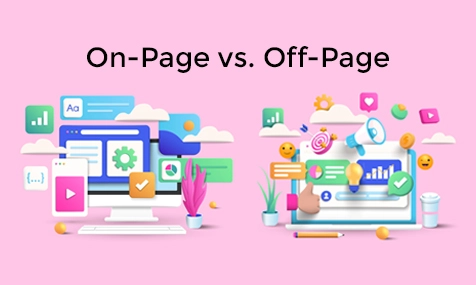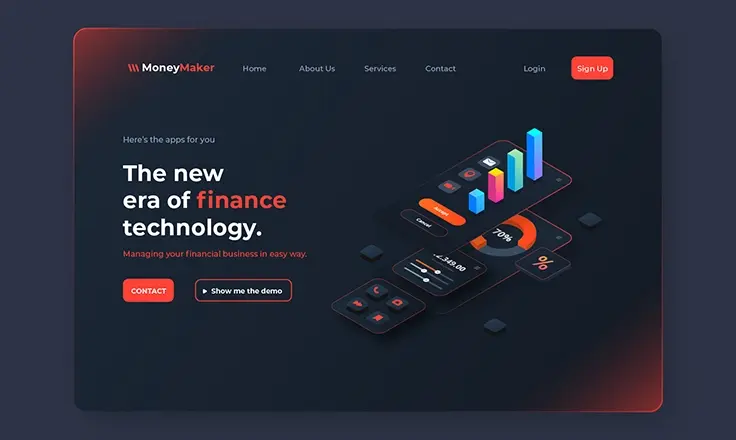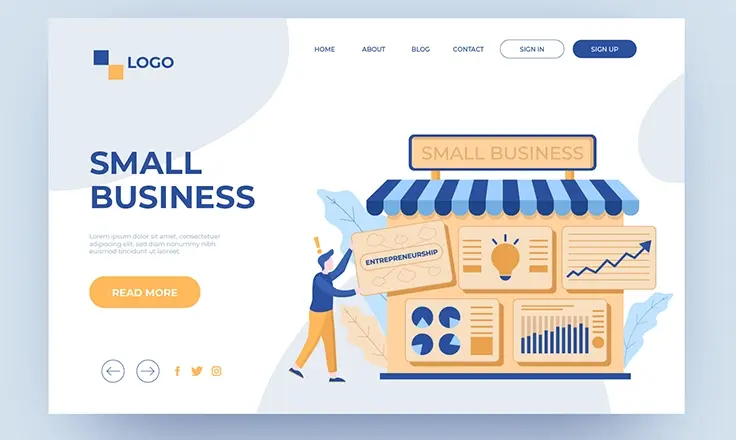On-Page SEO: Crafting Internal Allure
On-Page SEO centres around the optimization of elements inherent to your website, aiming to make it more appealing to both search engines and users. This encompasses meticulous adjustments to content, meta tags, and the structural components of your web pages.
Key Elements of On-Page SEO
- Keyword Optimization: The journey of On-Page SEO begins with meticulous keyword research, selecting the most pertinent and impactful keywords. These are strategically woven into your web page’s text, titles, headings, and meta descriptions.
- Quality Content: At the heart of On-Page SEO lies the creation of top-tier, informative, and captivating content. Content that not only attracts visitors but also holds their attention, thus positively influencing search engine rankings.
- Title Tags: Crafting compelling, keyword-rich title tags is imperative. These tags act as clickable headlines in search results, offering users a snapshot of your content’s relevance.
- Meta Descriptions: Concise summaries of your webpage’s content, well-optimized meta descriptions entice users to click through from search results.
- Header Tags: Properly structuring content with header tags (H1, H2, H3, etc.) enhances readability and aids search engines in understanding the information hierarchy.
- Image Optimization: Images are integral to web content. Optimizing them with descriptive file names and alt text not only improves user experience but also sends positive signals to search engines.
Off-Page SEO: Cultivating Authority Beyond Your Domain
In contrast, Off-Page SEO involves activities occurring outside your website, aiming to build its authority, credibility, and reputation across the vast expanse of the internet.
- Link Building: Perhaps the most renowned aspect of Off-Page SEO, link building involves acquiring high-quality backlinks from reputable websites. These backlinks serve as endorsements of your website’s authority and trustworthiness.
- Social Media Engagement: Active and meaningful engagement on social media indirectly impacts SEO by increasing brand visibility and driving traffic to your site. Social signals play an increasingly crucial role in search engine algorithms.
- Influencer Outreach: Collaborating with industry influencers can lead to valuable mentions and backlinks, further enhancing your site’s authority within your niche or industry.
- Online Reputation Management: Managing online reviews and promptly addressing customer feedback significantly influences your site’s reputation, subsequently impacting SEO performance.
The Interplay Between On-Page and Off-Page SEO
It’s crucial to recognise that On-Page and Off-Page SEO are not independent strategies but interconnected elements of a comprehensive SEO approach. High-quality On-Page content attracts users, while Off-Page efforts, such as link building, fortify the site’s credibility and authority. Off-Page SEO relies on the foundation laid by On-Page optimization, requiring a well-structured website with valuable content to earn and maintain backlinks.
In the ever-evolving landscape of SEO, grasping the disparity between On-Page and Off-Page SEO is pivotal. On-Page SEO focuses on refining your website’s internal components, while Off-Page SEO extends beyond your site’s confines to bolster its authority and reputation across the broader web. The harmonious integration of both strategies is indispensable for achieving robust search engine rankings, augmenting online visibility, and propelling organic traffic to your website. Balancing these facets forms a potent formula for sustained online success.




